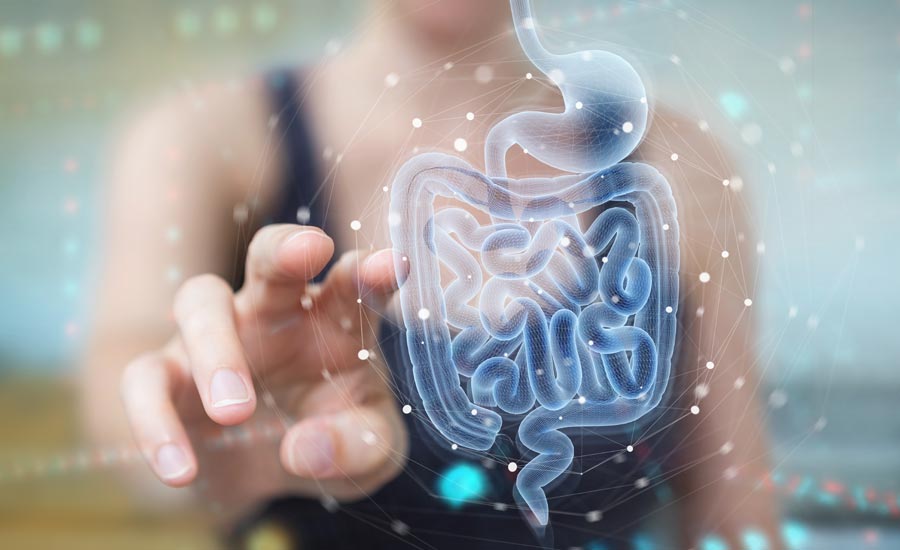Impact of the gut microbiota on atorvastatin mediated effects on blood lipids
The composition of our individual gut microbiota contributes to the digestion and absorption of nutrients from food. Similarly, orally administered medications experience the same digestive processes that may lead to an enhancement or a reduction in drug efficacy. In turn, the medications that we ingest can dramatically alter our gut microbiota composition, as is well-known with antibiotics.
In this publication by Zimmermann et al., metabolomics was used in conjunction with host gene expression and microbiota species profiling with 16S rRNA qPCR. These methods were used to investigate the cross-talk between gut microbiota and the cholesterol-lowering drug atorvastatin in a mouse model. The most striking result was a reduction in atorsvastatin efficacy when the gut microbiota was impaired. In addition, metabolomics showed that plasma levels of sphingolipids were affected by the drug, but only in mice with normal gut microbiota.
Together, these results demonstrate the importance of the gut microbiota to enhance or hinder the efficacy of drugs, in particular when metabolites such as cholesterol and lipids are the target of treatment. Such findings could help anticipate inter-individual differences in patients that arise, not only from their own genetic background, but from their differences in gut microbiota composition.
To find out if such lipid panels could be applied to your research, check out our products or contact us. For more information on the application of metabolomics to microbiota research, please check our microbiome application page.
Zimmermann F, Roessler J, Schmidt D, Jasina A, Schumann P, Gast M, Poller W, Leistner D, Giral H, Kränkel N, Kratzer A, Schuchardt S, Heimesaat MM, Landmesser U, Haghikia A: Impact of the gut microbiota on atorvastatin mediated effects on blood lipids. (2020) J Clin Med. | https://doi.org/10.3390/jcm9051596



